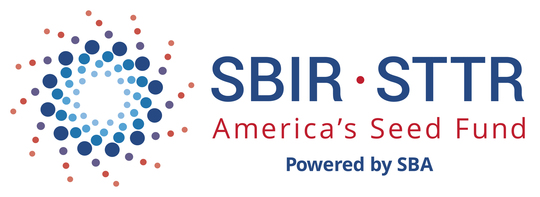SBIR – America’s Training Program?

I’ve been thinking about the US SBIR (Small Business Innovation Research) grant program. The SBIR program gives grants, generally to what would be called “deep tech” companies. The grants are supposed to fund research and product development. I’m mostly familiar with the genome sequencing technology grants (which come via the NHGRI). These are grants on the order of ~$200K to a few million.
The SBIR program is also pretty unique. Elsewhere, government grant funding usually takes the form of matched funding. To a seed stage startup, matched funding is largely useless… after all if you’ve got no money what are you going to “match” it with. So, US SBIRs are unique in this regard.
SBIRs always look appealing to someone looking at the US funding ecosystem from the outside. Illumina received an SBIR in 1999 when it was only a year old. But at the same time, while probably $10M+ has been given out to DNA sequencing companies via SBIRs, the dominating technology was developed in the UK and acquired by Illumina. So if the purpose of these grants was to promote technological innovation… it doesn’t really seem to have worked.
Recently I’ve been thinking about SBIRs in a different light. Perhaps it’s better to think about the SBIR program as America’s technology training program. Illumina could have built out research and development pretty much anywhere. After the Solexa acquisition they could have built out operations in the UK. And to an extent they did. But the bulk of Illumina’s growth has occurred in the US.
Some of this is because they’re a US company and that’s what US companies do… but I’d also suggest that it’s just easier to hire scientific staff in the US. It’s easier in part, because there’s a community of (lets face it often failing) SBIR funded research companies, which have trained up staff in skillsets useful to companies like Illumina.
I decided to test this hypothesis with a quick LinkedIn search. I looked at 20 employees at Illumina who work in a scientific roles, in the US. Of these 50% had previously worked at SBIR funded companies, often quite early in their careers.
It was likely this previous scientific experience that made them attractive to Illumina. And is no doubt one of the reasons that Illumina would find it easier to build out research and operations in the US.
So.. the SBIR program while might in some respects look like a failure… it probably does a lot of help the US maintain technological dominance in certain industries.